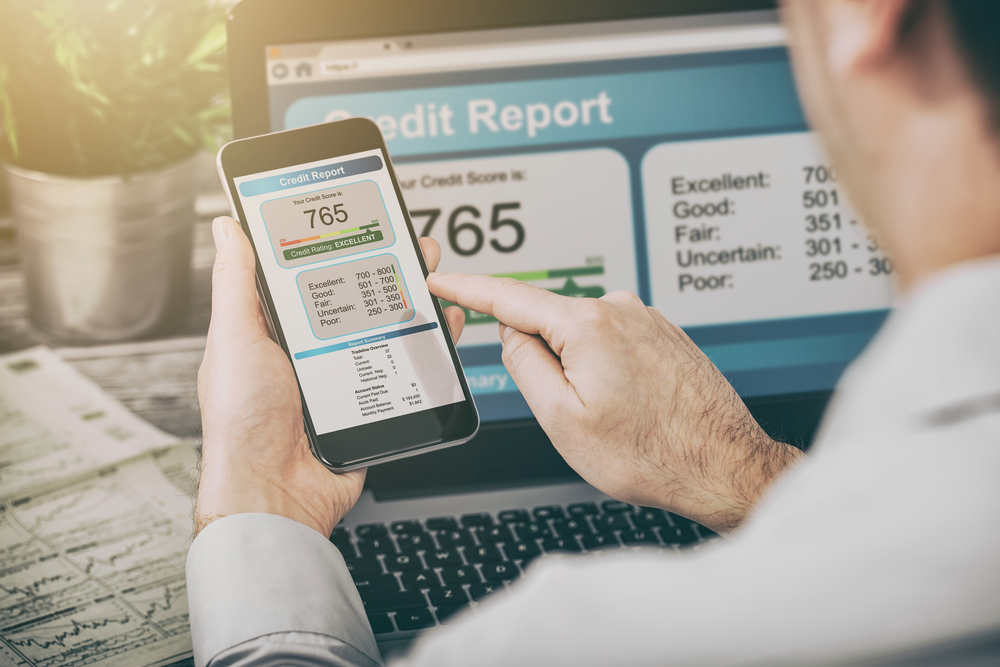
08 Feb How To Maintain A Good Credit Score
Obtaining a good credit score doesn’t happen overnight; it can take years of hard work and diligence to get there. After creating a strong credit profile for yourself, it is important to take steps to maintain a strong profile for your financial future.
That’s because financial institutions rely on consumers’ credit histories when evaluating creditworthiness and establishing terms for auto loans, credit cards, mortgages and more. In this blog post, we’ve compiled tips and best practices to demonstrate how to maintain a good credit score, so you can make more confident financial decisions.
Factors Influencing Credit Scores
Understanding how to maintain good credit is not always intuitive. Various factors can influence your credit score. Making matters even more complicated, lenders have different standards when it comes to what makes someone a good credit risk. Different credit reporting agencies use different formulas when calculating credit scores; understanding the basics of these calculations is important when evaluating how to maintain a good credit score.
The FICO® Score is the most common tool used by lenders to evaluate creditworthiness. Your FICO Score is calculated using your payment history, the amounts you owe, the length of your credit history, new credit and your mix of credit.
Another popular tool for lenders is VantageScore®, which is used in many mortgage loan applications, as well as in lending decisions by banks, credit unions and leading financial services firms. VantageScore considers your payment history, depth of credit, credit utilization, balances, recent credit and available credit.
Maintaining a Good Credit Score
How do you keep a good credit score after working hard to obtain it? Following these five tips can help you hold onto a favorable credit score.
1. Pay your bills on time. One of the most important things to do to maintain or build your credit score is paying your bills when, or before, they are due. Missing payments or paying after the due date can cause your credit score to dip. Setting bills up for automatic payments, either through lenders or through an online banking application, can help ensure you never miss a payment.
2. Keep your credit usage below the limit. While emergency expenses may cause you to charge up credit cards, try not to get close to the upper end of your credit limit. In fact, many lenders want to see applicants whose credit usage does not exceed 30% of their available credit. In other words, if you have $10,000 in available credit, try not to keep balances of more than $3,000 from month-to-month.
3. Maintain a positive credit history. Because the age of your credit history is one factor in determining your creditworthiness, try not to close your oldest credit card account after you pay it. Closing an old account will also reduce the amount of credit you have available, further negatively impacting your credit score.
4. Check your credit reports regularly for errors. Finally, staying on top of your credit reports by monitoring them regularly for errors can ensure your positive credit score is not impacted due to factors outside your control. If you uncover mistakes on your reports, act quickly to resolve them.
Remember that building a positive credit score is important, but maintaining that good score throughout your lifetime is arguably more important. Following the tips outlined above can help you stay on top of your credit profile, and will prepare you to help friends and family members when they ask you “how do you maintain a good credit score?”
Stein Saks, PLLC is a consumer protection law firm committed to helping clients correct and defend their credit reputations. For help addressing errors in your credit report, contact us today.


Sorry, the comment form is closed at this time.